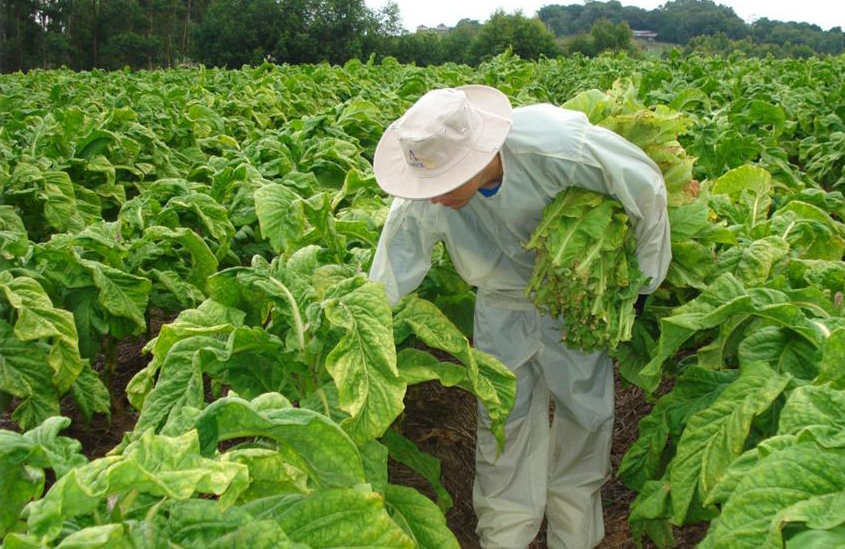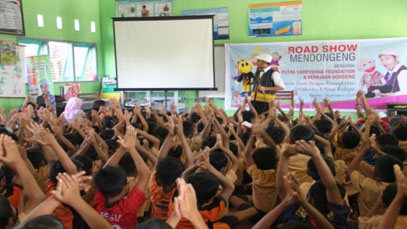 Alliance One’s Agricultural Labor Practices (ALP) program is our guide to improving the labor practices of our contracted growers. The program involves an ALP code, which establishes the standards that we expect to be met on farms from which we source tobacco, training programs for our agronomists, field technicians and contracted growers, internal monitoring and third-party audits of growers to ensure they are in compliance, and involvement of third-parties to help us continually improve our program.
Alliance One’s Agricultural Labor Practices (ALP) program is our guide to improving the labor practices of our contracted growers. The program involves an ALP code, which establishes the standards that we expect to be met on farms from which we source tobacco, training programs for our agronomists, field technicians and contracted growers, internal monitoring and third-party audits of growers to ensure they are in compliance, and involvement of third-parties to help us continually improve our program.
Alliance One’s ALP code defines the labor practices, principles and standards that we expect on all farms from which AOI has contracted with to source tobacco. This policy is based on State and National Labor Laws and the labor standards of the International Labor Organization (ILO) Declaration on Fundamental Principles and Rights at Work and other relevant ILO conventions. The principles and standards of our code must be interpreted and implemented in line with local laws and ILO conventions.
Endorsed by the United Nations (UN) Human Rights Council in 2011, the UN Guiding Principles on Business and Human Rights state that all business enterprises have a responsibility to respect human rights. Alliance One International is fully committed to supporting and respecting internationally recognized human rights consistent with the UN Guiding Principles.
Tobacco is a labor-intensive crop and, like other agricultural crops, child labor is a risk. Alliance One is committed to progressively eliminating child labor and other labor abuses from our supply chain.
For more information about our commitment to eliminating child labor, please view our Child Labor Policy.

PT.AOI first introduced the ALP program to its contracted growers in 2011 and formally rolled it out to 100 percent of them in 2012. At that time, we made significant changes to our grower contracts, including the addition of provisions related to the prohibition of child labor. Our field technicians now visit each grower 20-24 times per year and, throughout their visits, they place a substantial emphasis on educating growers about the ALP principles as well as analyzing labor issues so that we can better understand the reasons why they are occurring.
Through ongoing collaboration with our contracted growers, we have launched multiple programs aimed at mitigating child labor issues, including:
These projects and programs have had such a positive impact on farmer efficiency and reducing child labor risks that we are expanding them in the current season and look forward to sharing the impact of them in the future.
For more information with regards to our child labor prevention efforts, please view Alliance One’s sustainability reports: